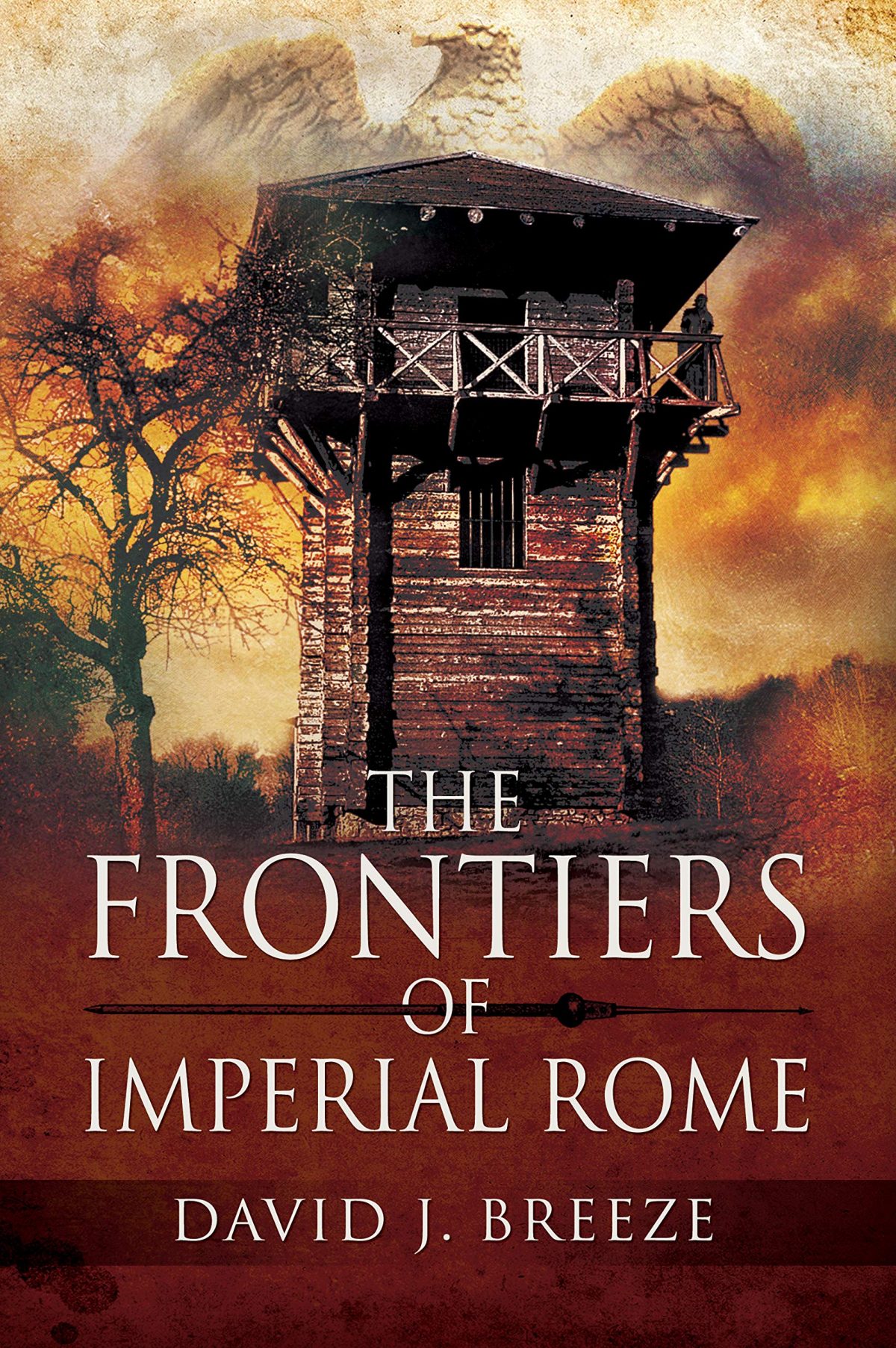Breeze, David J. The Frontiers of Imperial Rome. Philadelphia: Penn & Sword Books, 2019.
Ever since seeing Antoine Fuqua’s King Arthur for the first time (reviewed here on Concerning History), I’ve been fascinated with Hadrian’s Wall, that massive frontier fortification that divided Roman Britain from Celtic Britain for nearly three centuries. In fact, the very first paper I wrote for my mentor, Dr. Ian Isherwood, as an undergraduate student was an examination of cultural transfusion across Hadrian’s Wall. For lack of sources, that paper eventually turned into more of a reflection on the purpose of Hadrian’s Wall in general. Now, nearly a decade after that paper, I couldn’t help but immediately buy The Frontiers of Imperial Rome as soon as I saw it on the shelf.
Breeze’s comprehensive survey and analysis of the Roman Empire’s boundaries was everything I hoped it would be. From Britain to Mesopotamia, from the Rhine and Danube to the deserts of North Africa, Breeze conducts his readers on nothing less than a textual walking tour of the limits of the Roman Empire as they were established and evolved across five centuries. The types of barriers, forts, and outposts are exhaustively classified not only by category but by geographic location and manner employed. Coupled with what brief military history of Rome in general and each frontier specifically is required to understand developments, the result is a living, breathing understanding of how Rome managed its physical relations with those beyond its control.
The largest drawback of Breeze’s work, unfortunately, is largely beyond his control. While some conclusions can be made as to the apparent purpose of palisades or the idea behind the Antonine Wall, little can be verified for certain. Roman authors mentioned the frontiers very little, usually using different words to refer to them in no apparent pattern, and describing dubious events and features that cast doubt as to the veracity of their entire accounts. Thus, if readers are looking for a revelatory thesis that changes their entire conception of Roman imperial defense, they should look elsewhere. For those who remain fascinated by that dividing line between the ancient world’s greatest empire and those that would eventually bring it down, however, The Frontiers of Imperial Rome is essential reading.
